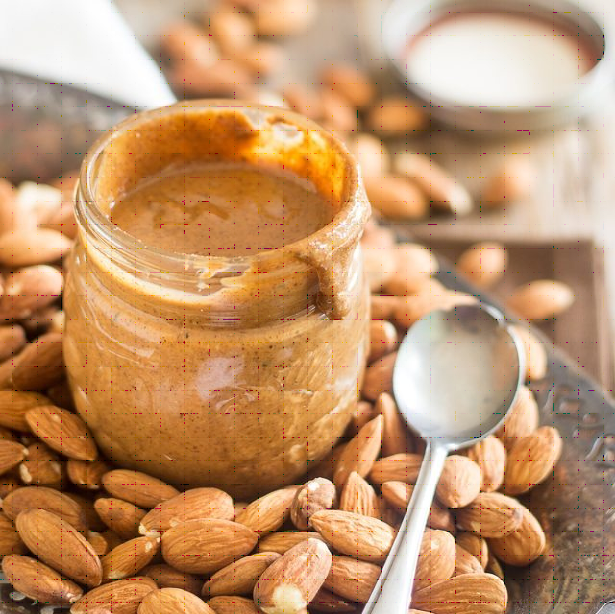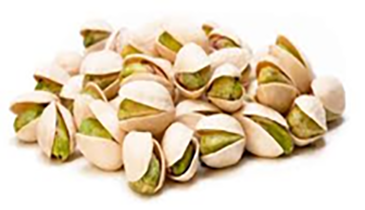National Diabetes Month
Go Nuts this November for National Diabetes Month

Over 30 million people in the US have type 2 diabetes and another 84 million are at high risk of developing type 2 diabetes. Here in Pennsylvania, nearly 13% of residents have diabetes and 38% have prediabetes. Diabetes is a chronic condition that causes elevated blood sugar and can lead to serious complications such as heart and kidney disease, as well as amputations and blindness. Are you at risk? Certain characteristics, like age, weight and family history, can put you at high risk of diabetes.
Do you know the warning signs? Symptoms of diabetes often occur slowly and can include fatigue, increased thirst, frequent urination, unexplained weight loss and blurred vision. You can learn more about the symptoms and risk factors for diabetes from the National Institute of Diabetes and Digestive and Kidney Diseases website: https://www.niddk.nih.gov/health-information/diabetes/overview.
The good news is that you can reduce your risk through healthy lifestyle habits such as following a healthy diet, getting or staying physically active, and maintaining a healthy body weight. While there are some risk factors, including age and family history that you cannot change, research has shown that getting 30 minutes of exercise on 5 or more days per week and eating for a healthy weight can help to prevent or delay type 2 diabetes. People with, or at risk for, diabetes, should follow a balanced diet that emphasizes fruits, vegetables, whole grains, lean meats and healthy fats in appropriate serving sizes.
Certain foods, like nuts can be a part of a healthy diet, and may help you to maintain a healthy weight and even reduce risk of diabetes. In individuals with diabetes, higher consumption of tree nuts (pistachios, walnuts, almonds, cashews, pecans, Brazil nuts, macadamia nuts, pine nuts) has been shown to help reduce risk of heart disease, a common complication in people with diabetes. Nuts can also be a great holiday snack to replace some less healthy items like chips and crackers and are a nice treat for your guests around the holidays.
Dr. Penny Kris-Etherton, a dietitian and researcher responsible for Penn State’s Cardiometabolic Lab, has run several studies related to nut consumption, specifically walnuts, almonds, pistachios and peanuts. In a study of 30 adults with well-controlled diabetes, daily intake of pistachios improved blood cholesterol, triglycerides, and longer-term glucose control. In a study of 48 healthy adults with elevated cholesterol, intake of 1.5 oz of almonds daily, in place of a high-carbohydrate snack, reduced belly fat and lowered LDL cholesterol. To read more about the results of these studies, visit: https://hhd.psu.edu/nutrition/cardiometabolic-lab/completed-study-results.
The lab currently has a number of ongoing studies related to nut consumption, diabetes and heart health. In the Pistachio Study we are investigating whether snacking on pistachios in the evening improves morning fasting blood sugar levels. In the Almond Butter Study, we are investigating if eating a serving of natural almond butter before bed improves morning fasting blood sugar levels in adults with type 2 diabetes.
Researchers have found that increases in blood sugar over the holiday season can persist into the spring months, putting individuals at risk for more than just the holiday season. Not only is November the start of the holiday season but it’s also National Diabetes month and a great time to know your risks. We propose starting a new tradition this year, visit: https://www.diabetes.org/risk-test to find out if you are at risk for diabetes, and share this with your friends and family so they can know their risks and take care of themselves this holiday season! You can learn more about the symptoms and risk factors for diabetes from the National Institute of Diabetes and Digestive and Kidney Diseases website: https://www.niddk.nih.gov/health-information/diabetes/overview.
To learn more about our nut research and the studies currently recruiting, please visit: https://hhd.psu.edu/nutrition/cardiometabolic-lab. Take steps to make this a happy and healthy holiday season!

